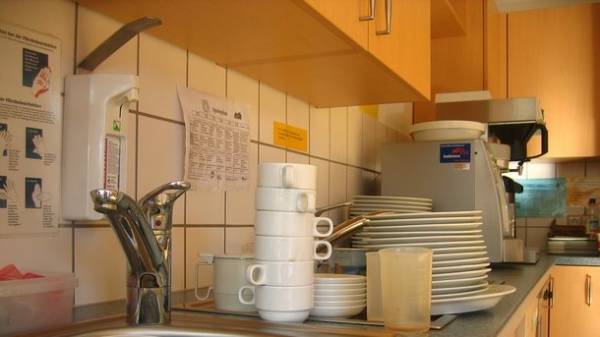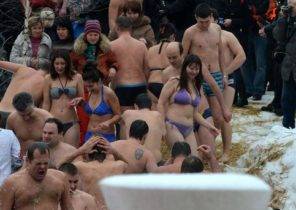
German scientists found in one cubic centimeter of sponge for washing dishes, at least 25 billion bacteria. To cope with microorganisms, according to them, powerless even disinfection, according to rosbalt.ru.
The journal Nature writes that the researchers studied the sponge using the method of pyrosequencing. They were looking for the genes 16S RNA, typical of bacteria.
The found microorganisms were mostly either neutral to the health or opportunistic – that is, able to cause disease only when immunity is severely weakened. However, several of the 14 sponges were lines and pathogenic E. coli.
The scientists noted that residents of Germany who have provided their kitchen sponges for researching, boiled them, treated with household disinfectants or heat up in the microwave. Meanwhile, some opportunistic bacteria after this treatment, not only did not die, but rather, even more multiplied.
In the article it is noted that the sponge used to wash dishes in Ancient Greece, but back then it was living organisms – sponges. They produce toxins, killing bacteria, therefore, are even more effective than modern detergents.






